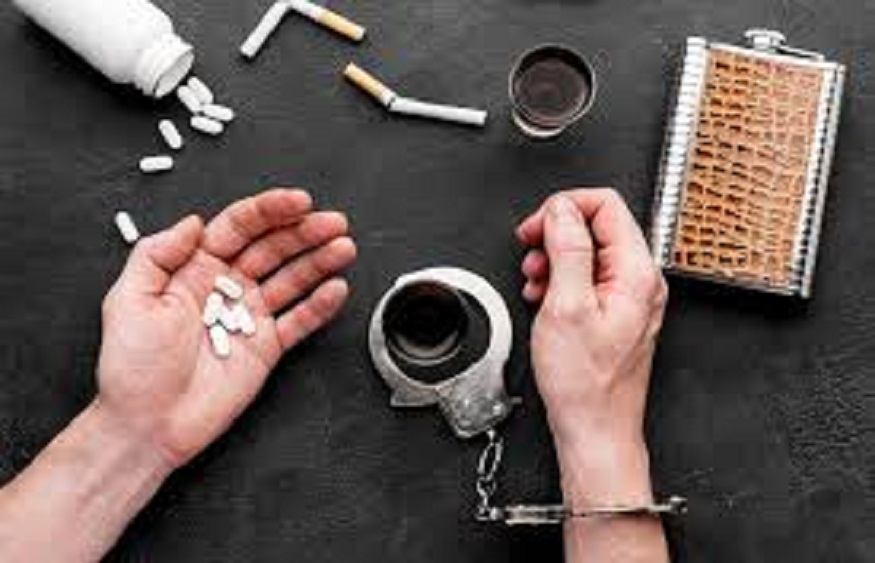Recovering from addiction requires determination, support, and the right strategies. While the path to recovery is unique for each individual, there are proven methods that can facilitate a quicker and more sustainable recovery. Here are five tips to help you journey to a healthier, addiction-free lif
Establish a Strong Support Network
Surround yourself with friends, family members, and support groups that understand what you are going through and can offer encouragement and accountability. These relationships can provide emotional support, reduce feelings of isolation, and help you stay committed to your recovery goals. Joining support groups, whether local or online, allows you to share your experiences and learn from others who have faced similar challenges. Leaning on family and friends for help and understanding is essential, as their support can make a significant difference. Additionally, seeking professional support from therapists offers you the tools and techniques needed to manage cravings and cope with stress.
Seek Therapy
Professional therapy is an essential component of addiction recovery. Therapists can provide you with the tools and techniques to address any underlying issues that may have triggered your substance usage. One highly effective form of therapy is Intensive Outpatient Program (IOP) treatment, which offers comprehensive support while letting you continue with your daily responsibilities. Therapy provides a safe space to express your feelings and concerns, helping you develop coping mechanisms to handle triggers and stress. Also, IOP treatment offers structured support and therapy sessions, aiding in quicker recovery by giving you the intensive care you need while allowing you to continue with your daily life.
Maintain a Healthy Lifestyle
Adopting a healthy lifestyle is vital for your physical and mental well-being during recovery. Focus on activities and habits that promote health and wellness. Eating a balanced diet that supports your body’s healing process is crucial. Regular exercise can boost your mood and reduce stress, while adequate sleep ensures your body and mind have the rest needed to recover. These healthy habits aid in physical recovery and improve overall mental health so you can easily stay committed to your recovery goals.
Set Realistic Goals
Break down your long-term recovery goals into smaller, manageable steps. Focus on daily or weekly targets, such as attending meetings or following your treatment plan, to maintain momentum. Consider your broader recovery objectives, like maintaining sobriety for six months or a year, to keep an eye on the bigger picture. Tracking your progress, whether through a journal or an app, helps you monitor your achievements and setbacks, providing valuable insights into your recovery journey and allowing you to make necessary adjustments.
Engage in New Activities
Finding new hobbies keeps your mind occupied and away from thoughts of addiction. Positive and enjoyable activities can also help rebuild your self-worth and provide a sense of accomplishment. Exploring creative arts like painting, writing, or music is therapeutic and enables you to express emotions.
Outdoor activities like hiking, biking, or gardening allow you to enjoy nature and stay physically active. Volunteering can be incredibly rewarding, offering you the chance to give back to the community and connect with others through meaningful work. These activities not only provide a distraction from addictive thoughts but also help you build a fulfilling and meaningful life in recovery
Take Away
Recovering from addiction is a multifaceted process that requires commitment, support, and the right strategies. You can enhance your recovery journey by establishing a solid support network, seeking therapy (including IOP treatment), maintaining a healthy lifestyle, setting realistic goals, and engaging in new activities.

